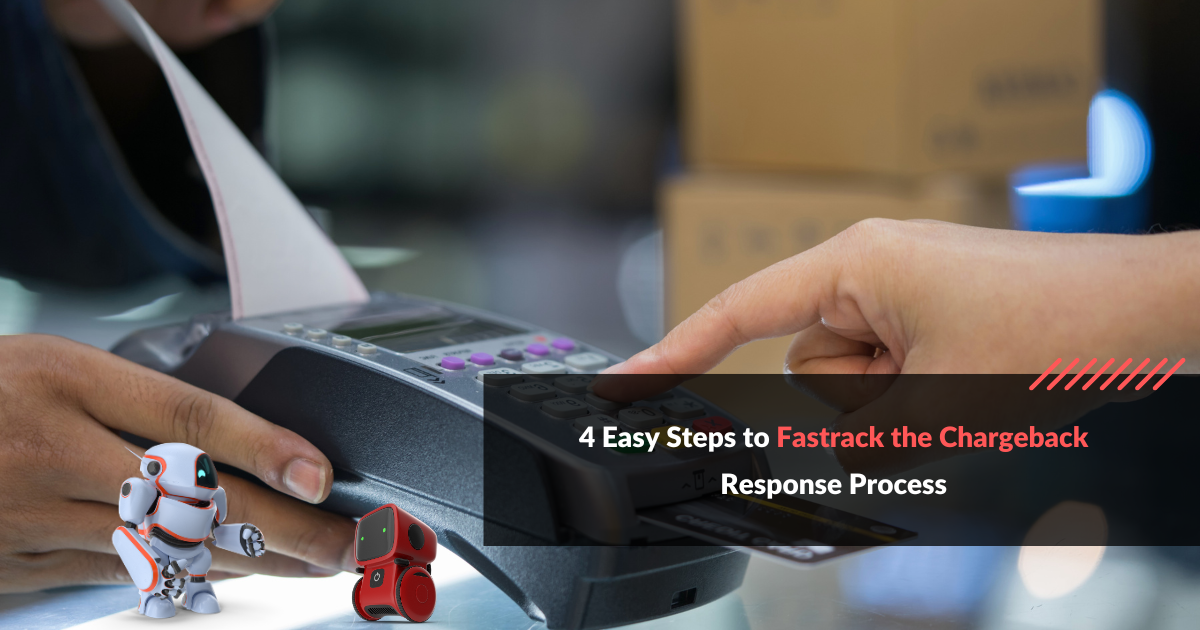Chargebacks are a common occurrence in the hospitality industry and can cause considerable disruptions to both cash flow and operations. Let’s dig deep and see why a guest files a chargeback request and how a Hospitality management company should fight every chargeback raised to ensure a higher win rate.
Impact of Chargebacks on Hospitality Enterprises:
Financial Disruptions: Chargebacks directly affect the bottom line. For every chargeback, not only is the revenue from the product or service lost, but there’s also a fee imposed by the payment processor. Multiple chargebacks can lead to substantial financial losses and so HMC’s aim to win as many chargebacks as they can.
Operational Challenges: Addressing chargebacks notifications requires time and resources. Staff must gather evidence, communicate with payment processors, and sometimes even interact with the customer. This diverts resources from other essential operations.
Reputation Risks: Frequent chargebacks can harm a hotel’s reputation. Customers might perceive the establishment as unreliable or untrustworthy, leading to decreased bookings.
Strained Relationships with Payment Processors: If an HMC experiences a high number of chargebacks, payment processors might increase transaction fees or, in extreme cases, terminate their relationship with the hotel.
Increased Costs: Beyond the direct costs of lost revenue and fees, there are indirect costs. These include staff training to handle chargeback process, investing in better transaction systems, and sometimes even legal fees to resolve the issue.
The Role of an HMC in Responding to Chargebacks
An HMC, or Hotel Management Company, is essentially the backbone of a hotel’s operations. They oversee everything from staffing and guest services to financial transactions, including chargeback management. A chargeback occurs when a customer disputes a charge to get a refund, leading to a reversal of the payment by issuer like VISA or Mastercard. Credit card Chargebacks directly affect the bottom line and hence when chargebacks happen they are a matter of concern.
Understand the Chargeback Reason Code
Before addressing or fighting a credit card chargeback, it’s crucial to understand why it occurred. The reason code provides this context. By knowing the exact reason for the dispute and how chargebacks are categorized, the HMC can tailor its response more effectively. Every chargeback comes with a “reason code,” provided by the credit card issuer. This code explains why the customer disputed the transaction. Understanding this code is the first step to effectively responding to a chargeback. There are dozens of these codes, and they can vary from issuer to issuer (credit card company). For instance, common codes might reference ” friendly fraud,” “processing errors,” or “quality issues.” It is essential to be familiar with the codes from various issuers that the hotel deals with.
- Gathering Evidence
The HMC must gather compelling evidence to refute the claim. This might include:
-Transaction Records: A detailed record of the transaction, including date, time, and location.
Customer Communications: Any emails, texts, or notes on phone calls or face-to-face interactions. These can prove that the customer was aware of the transaction, agreed to it, or failed to cancel in time according to cancellation policies.
– Operational Documents This might include guest registration cards, folio with guest signatures, terms, and conditions agreed upon during the booking process, proof of services provided (like invoices for room service or spa treatments), or any other evidence that supports the validity of the charge.
- Writing a Rebuttal Letter to fight Chargeback
A rebuttal letter is a written document that explains why the chargeback is not warranted, using the evidence gathered. This letter should be clear, concise, and directly address the issues raised by the reason code. For example, if the reason code indicates a fraudulent transaction, but the HMC has a signed receipt from the customer, this should be highlighted in the rebuttal letter.
- Compiling and Submitting the Chargeback Response
The evidence and the rebuttal letter form the response to the chargeback. This must be submitted to the bank or the payment processor, usually within a specific deadline (often about 7-14 days). It’s important to adhere to this deadline; missing it can result in an automatic ruling in favor of the customer.
All evidence should be organized in a manner that’s easy for the card issuer to review. This can expedite the decision-making process.
- Follow-up of Dispute Process
Once the evidence is submitted, the card issuer will review it and make a decision. This can take several weeks or even months. If the HMC wins the dispute, the funds are returned. If not, the chargeback stands, and the HMC might have to pay additional fees. Even if a dispute is lost, understanding the reason the guest filed a dispute can help prevent future chargebacks.
Responding to chargebacks can be a complex and time-consuming at every stage of the process. It’s essential for HMCs to have a solid plan in place for resolving disputes to protect their revenue and maintain good relationships with customers.
Chargebacks happen even if the management provides their guests with superlative service to avoid chargebacks. However, with a systematic approach to fighting chargebacks, HMCs can protect their revenue and maintain a positive relationship with their customers. Proactivity, organization, and understanding are key to effectively managing and reducing chargebacks.




